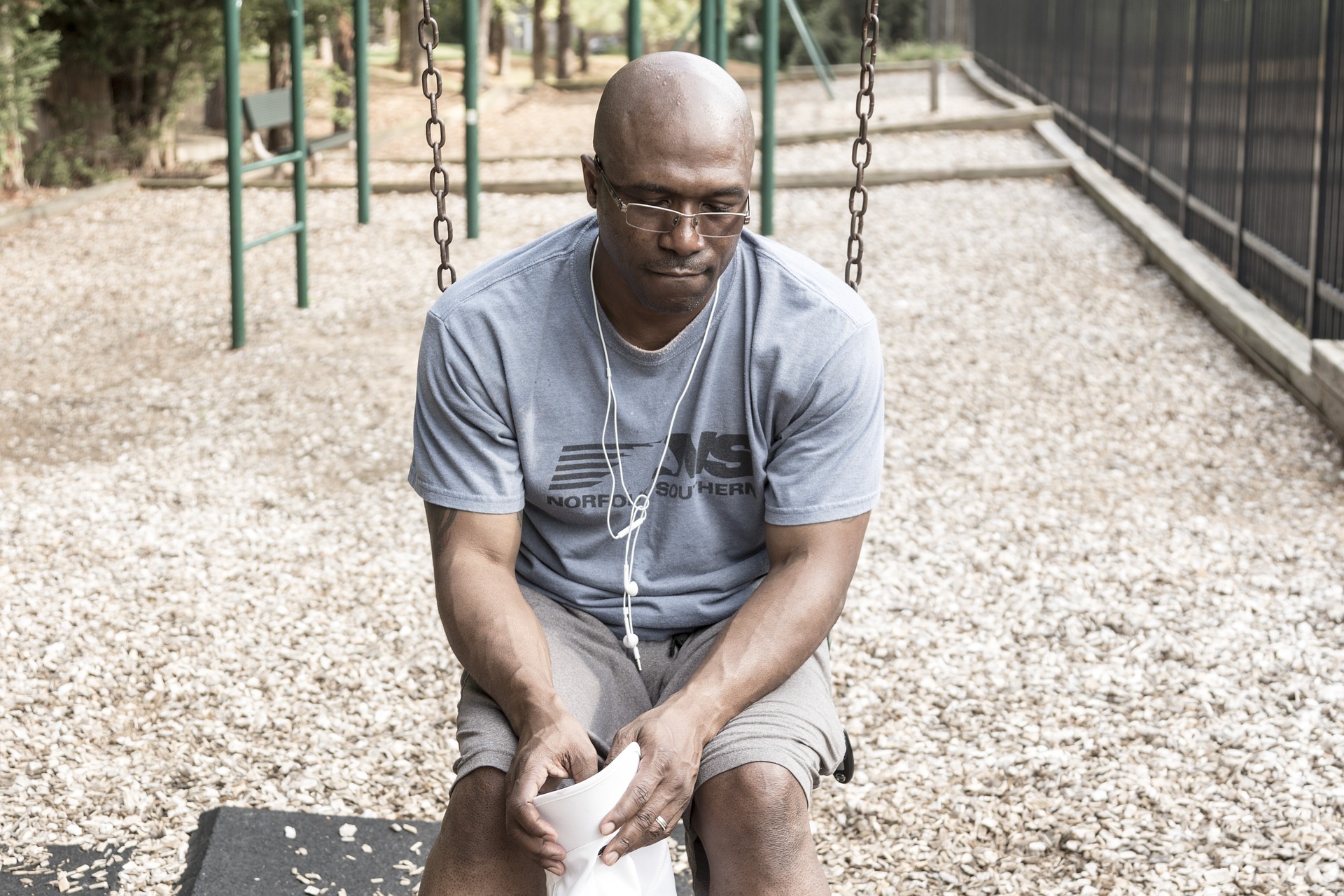As indicated by the rates of diagnosis, age is the biggest—but not the only—risk factor for prostate cancer. Other important risk factors include family history, genetic factors, race, and lifestyle and dietary habits. Genes for disease can run in families.
Men who have a relative with prostate cancer are twice as likely to develop the disease, while those with 2 or more relatives are nearly 4 times as likely to be diagnosed.
The risk is even higher if the affected family members were diagnosed before age 65. Men may also be at increased risk of prostate cancer if they have a strong family history of other cancers, such as breast cancer, ovarian cancer, colon cancer, or pancreatic cancer.
Because family members share many genes, there may be multiple genetic factors that contribute to the overall risk of prostate cancer in a family. However, there are also some individual genes that we now know increase the risk of prostate cancer, and men with these genes may need to be screened differently or consider changes in treatment.
It is still a scientific mystery, but African American men are 73% more likely to develop prostate cancer compared with white men, and 2.4 times more likely to die from the disease.
Although there is clearly a disproportionate number of African American men who are diagnosed with prostate cancer, the increased death rate from prostate cancer has been shown to be due in part to inequality in getting access to healthcare, insurance, PSA screening, appropriate treatment and follow-up, other simultaneous conditions or treatments, and other socioeconomic factors.
There is ongoing research to try to identify whether there are biological differences between cancers that develop in African American men so that we can improve treatment. It is also important to realize that not every African American man will get prostate cancer and that prostate cancer has a better chance of being managed effectively and cured if it is detected early.
Other risk factors for prostate cancer are social and environmental factors—particularly a high fat, high processed carbohydrate diet and lifestyle. Men who are overweight or obese are at greater risk of ultimately developing an aggressive form of prostate cancer.
Research has shown that in obese men, recovery from surgery tends to be longer and more difficult, and the risk of dying from prostate cancer can be higher.





